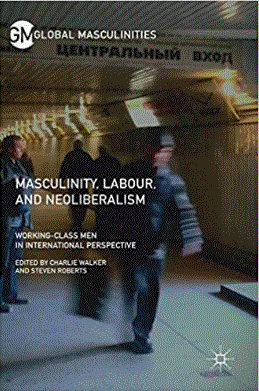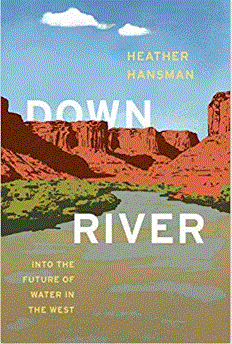Caren Yglesias et al.,
Desert Gardens of Steve Martino (2018).
This survey of twenty-one gardens by Steve Martino, whose
work blends colorful, man-made elements with native plants to reflect the sun-drenched
beauty of the desert, is sure to inspire gardeners, landscapers, and admirers
of California and the Southwest.
For more than thirty years, Steve Martino has
been committed to the development and advancement of landscape architecture in
the Southwest. His pioneering work with native plant material and the
development of a desert-derived design aesthetic is widely recognized. A
recurring theme of his work is the dramatic juxtaposition of man-made elements
with ecological processes of the region. His love for the desert--the interplay
of light and shadow, the colors, plants, and wildlife--inspires his work.
As
Martino explains, "Gardens consist of two worlds, the man-made and the
natural one. I've described my design style as 'Weeds and Walls'--nature and
man. I use native plants to make the transition from a building to the adjacent
natural desert."
Though Martino's work is deeply connected to the natural
world, he also has a flair for the dramatic, which is apparent from his lively
color selections, sculptural use of plants, and keen attention to lighting,
shadows, and reflections. Boldly colored stucco walls frame compelling views of
the desert and sky, expanding the outdoor living area while solving common site
problems such as lack of privacy or shade. Interspersed are custom structures
molded in translucent fiberglass in vivid hues--colorful arbors, outdoor
showers, and internally lit benches.
- Publisher's description










